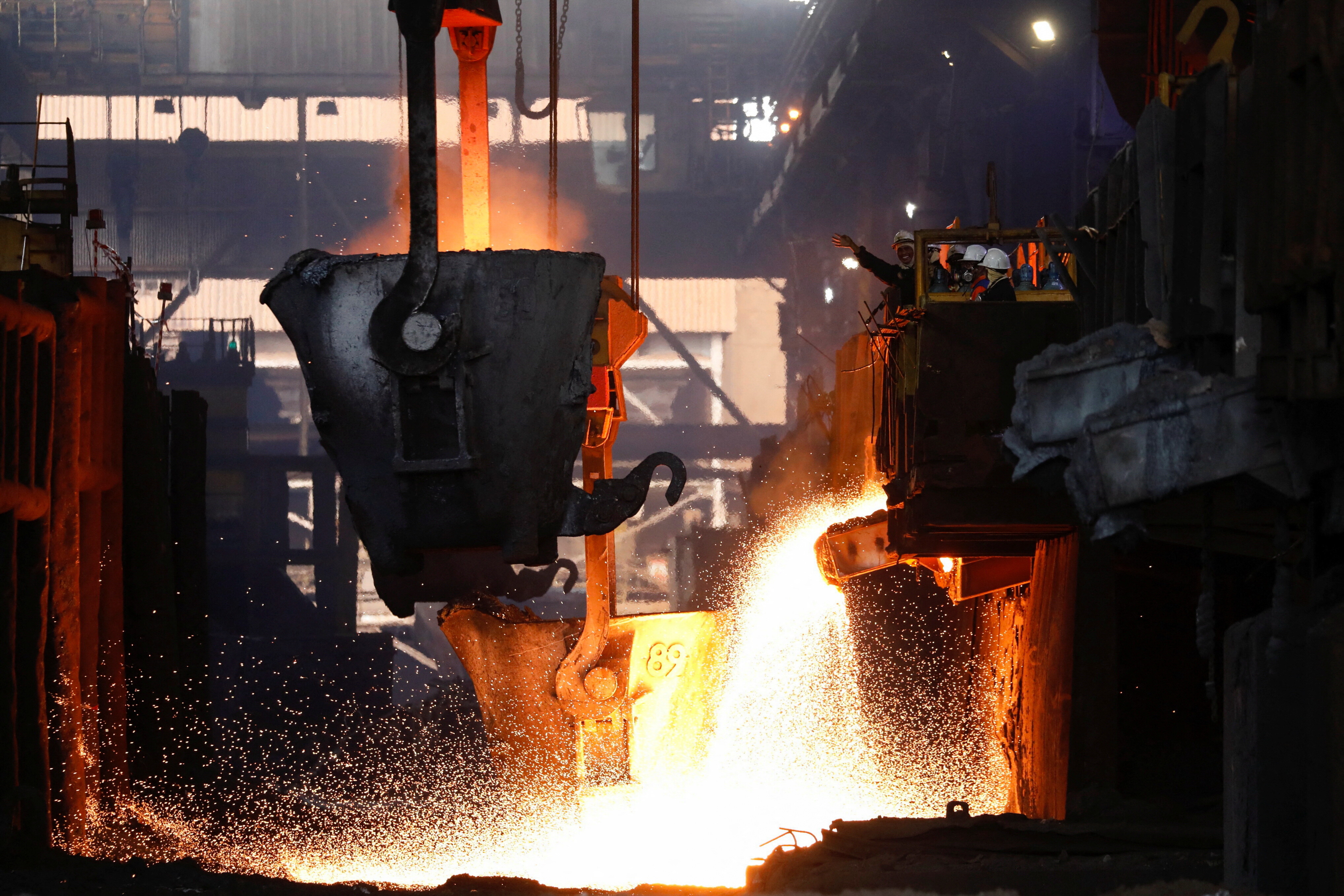People in these 5 cities are embracing sharing

'Research shows that sharing-economy platforms have experienced rapid growth' Image: REUTERS/Lucas Jackson
New York is sharing empty plots of lands, Seattle has a library of tools, while people in Barcelona can turn to a time bank when they need a dog walker or help with homework. Restaurants in Melbourne have their own platform to sell surplus food while Kigali has a motorbike-hailing app that checks drivers for safety.
These are just five examples of the sharing economy that feature in a new whitepaper from the World Economic Forum called Collaboration in Cities: ‘From Sharing to Sharing Economy’.
The research shows that sharing economy platforms have experienced rapid growth, and that the companies behind them now have a total market share of $4.3 trillion, directly employing 1.3 million people.
The possibilities are multiplying, and a multitude of apps and increased connectivity means that local agreements and ideas are being scaled up. And the funding of asset-sharing start-ups is growing accordingly, hitting $23.4 billion in 2016.

The sharing economy promises to transform city life, boosting the economy, facilitating neighbourliness, bridging age and ethnic divides, as well as helping the environment through efficient use of resources.
But the World Economic Forum paper also stresses that it is critical to get to grips with the pitfalls while moving beyond the regulatory mindset in order to harness the full potential of such schemes.
Here are five of the best examples featured in the paper:
1. New York is sharing its land
This scheme has reclaimed more than 1,000 vacant plots of public land for communities in New York City.
The group, 596 Acres, places signs on fences around vacant lots stating: “This land is your land”, and encourages local people to get permission to transform the space into a garden, park or farm. The sign also provides people with the city’s land title register and the phone number of the agency to contact.

596 Acres then provides support and advice, but the process is carried out by the residents themselves.
Since 2011, 200 sites have been transformed and 39 new community-managed spaces created. Nearly all have become valuable enough for the NYC municipal government to declare them as community spaces.
And the concept is spreading, with other cities including Melbourne and Philadelphia now replicating the process.
2. Kigali is making moto-sharing safer
Many cities around the world have developed their own ride-hailing apps. But in Rwanda’s capital city of Kigali, a scheme called SafeMotos has added in a layer of safety.
Some 80% of accidents in Kigali involve motorcycle taxis, and residents are 700 times more likely to die in an accident there than in the UK. The founder of SafeMotos was prompted to launch the site after being involved in an accident himself.

Drivers are given a smartphone with an app that records their speed, acceleration, GPS and gyroscope information. This is then fed back to servers that analyse the raw data and come up with an overall safety score. To stay on the books, drivers must achieve a rating of above 90 out of 100. It also offers female drivers for female customers.
But the regulatory climate is far from clear, and a new proposal to set fixed pricing per kilometer could make it difficult for SafeMotos to compete.
The company is looking to partner with cities to create regulations that enable them to continue their business while also improving road safety.
3. Melbourne is sharing its food
Melbourne has an impressive total of 144 technology-mediated food-sharing initiatives, and was ranked third in the world for food sharing by ShareCity.
One such example is Yume, which allows food wholesalers such as restaurants and cafes in the city to sell or donate surplus food. Its founder vowed to change things after witnessing the amount of food wasted in the commercial food sector.
For example, one supplier completed a stocktake to discover they had eight tonnes of salmon portions left over from the Christmas season. The surplus salmon went up for sale on Yume at a 25% discount, and was sold within a week. Not only did the supplier receive a return on their surplus produce, but was also given an environmental report explaining that they had helped to save 16 tonnes of CO2 and 500,000 litres of water. All Yume’s suppliers have the relevant food safety certificates.
The existing food supply framework in Australia means that 9.5 million tonnes of food is discarded each year; 3.9 million tonnes of which is from the commercial food sector. It is estimated that between 400,000 and 600,000 tonnes of that food can and should be saved and eaten.
4. Barcelona is sharing its time
Reading a book to an old person, helping with homework, watering plants, repairing things or simply accompanying people on a walk. Simple things, but there are times in life when some people just do not have enough time in the day to get everything done.
In Barcelona, citizens are swapping their time through Time Banks. The city currently has 28 time banks listed on its website. Citizens can offer their time, but also redeem it at a later date when they have a task they cannot do themselves.

The city council says the schemes help encourage a spirit of cooperation and trust in others, as well as fostering good relationships between local people of different ages and backgrounds.
5. Seattle is sharing its things
This is a library – a library of things.

The city of Seattle now has six community-level tool libraries or libraries of things. None are run directly by the government, but most have received support through grants to get started.
Many of the libraries are in lower and mixed-income areas, providing affordable access to tools. This helps with everything from job creation to allowing families to take better care of their own homes and building community resilience.
Don't miss any update on this topic
Create a free account and access your personalized content collection with our latest publications and analyses.
License and Republishing
World Economic Forum articles may be republished in accordance with the Creative Commons Attribution-NonCommercial-NoDerivatives 4.0 International Public License, and in accordance with our Terms of Use.
The views expressed in this article are those of the author alone and not the World Economic Forum.
Stay up to date:
Economic Growth
Related topics:
Forum Stories newsletter
Bringing you weekly curated insights and analysis on the global issues that matter.
More on Economic GrowthSee all
Mahmoud Mohieldin and Vera Songwe
November 20, 2025







